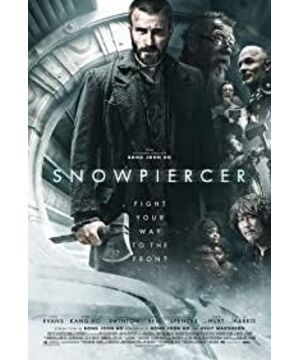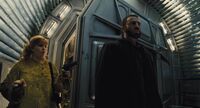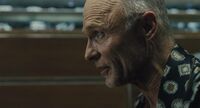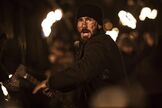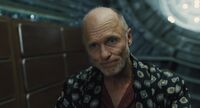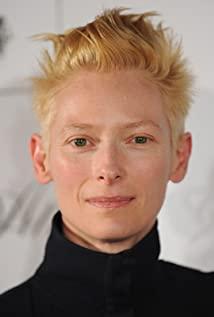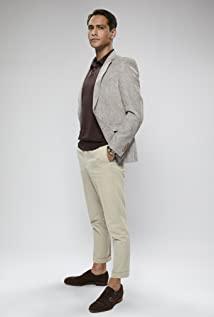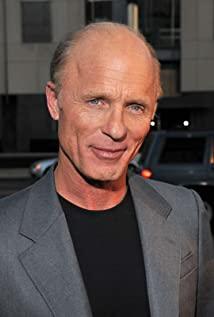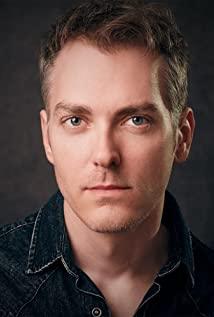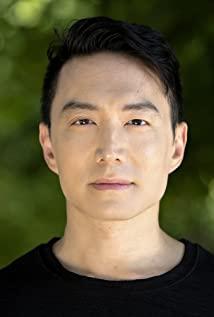2. The movie actually has a "two heroes duel" structure that deliberately hides one end. Curtis is the hero who has emerged. He led many believers in an attempt to seize power on the train; and Vilford is concealed and mystified in 90% of the narrative. He is like a legend, being an adult on the train. Praise it by word of mouth with your child. He is the hero at the other end.
3. Regarding the final reification of the role of Wilford, it lowered the standard of the whole movie. He could have been just a legend, but when the door of the engine room was opened, he was found empty. In this way, all previous tragic struggles, the process of blood and fire, and the offensive and defensive fighting with death have become extremely absurd. That is a condensed sample of the doomsday world. You can't find enemies, but enemies are everywhere. Destiny is in the hands of others, but others are nothing.
4. Regarding freedom and the struggle for freedom. This is what the film strives to present, at least for the first half. However, in the extreme environment set by the film, the struggle for freedom is obtained through revolution, and gradual improvement cannot be achieved. But the blood and flesh flying in the revolutionary process will cause extremely heavy costs. After the power machine is overthrown through violence, it will still be another cruel power machine. But sometimes, there is really no other way to avoid violence. The movie presents this dilemma.
5. The conversation between Curtis and Vilford at dinner presents a kind of absurdity. The symbol of evil that was supposed to be assassinated, but told the righteous assassin, "You are my chosen successor." Suddenly, the heroic journey of hacking and killing all the way was dispelled all meaning and became a manipulated and arranged drama. Curtis just subconsciously performed a traceless performance in it. This dialogue actually contains a lot of information: how the leader should choose, he can choose a kind or weak or human way, but then the train will stop, he chooses the tyrant's way, let the child become a gear; Similarly, this enclosed space must be a stable ecology. The difference between humans and animals is that the remaining human nature and morals will hinder killing and violence. If the balance of numbers must be maintained, there must be an external strong or so-called "God" intervened, and it became necessary to kill some of them regularly. In addition, Vilford also understood that blindly repression can only be counterproductive, so a small number of controllable resistance and riots are necessary. It is the entire ecosystem and the game. A part, even an important part, must appear in a form that the bottom people think they are spontaneous. But this kind of controllable arrangement must be realized by inserting an internal response. When Wilford told Curtis all this, Curtis's mind instantly became complicated. Before that, he was a pure opposition, and overthrowing the machine was the whole and the end, but now he must face the choice, whether to become part of the system or something else. After becoming a part, can he change the world? Will he reform according to the promise and heart of the opponents when they tried to get to the top, or will he become another Wilford?
6. In "Snow Country Train", there are three gods, or the role of three gods. Needless to say, Curtis and Vilford, they both have followers and believers who depend on life and death. In fact, the old man played by John Hurt is also a god. He once cut off an arm to protect the baby from being eaten. He was embraced as a spiritual idol by everyone. If Curtis is a physical charge, then the old man is a place for thought and spirit. . Of course, in the end he was told that he was an inner ghost. This is even more interesting. The spiritual leader of the hated supreme leader and the rebel most trusted by the people often exchanged phone calls in the middle of the night. This kind of scene has happened in some countries, and it is happening in other countries.
7. Children. This kind of props, which is the most symbolic of the future, hope, and the easiest to express political correctness in literary works, is also used to solicit sympathy in this movie. The children have become puppets in the kindergarten cars and parts in the engine cars. Only in the last carriage at the bottom, the child has a prosperous nature, such a setting is indeed low-level. But the bridge section where the child was used as an engine screw revealed a small detail. I don't know how many people noticed it. In fact, the movie hinted that the female driver and Wilford himself had actually made engine screws. The gestures made by the female captain when speaking in the end of the car, as well as when explaining the situation to Curtis after Vilford’s Last Supper, all prove this. This is a more shocking detail than using children to make parts.
8. In addition to these settings, the security expert played by Song Kanghao is actually a real liberator and revolutionary role. What he wanted to do was blast the door to the outside world, not the door to the engine room. For another person who controls the train, people still have to be imprisoned in an eternally moving orbital prison, and going to the outside world is the real freedom. But this seems to be opposed by both Vilford and Curtis. What they want to do is to maintain some kind of ecological security of internal circulation. In this context, the rebel Curtis became a conservative again.
9. Overall, "Snow Country Train" shows the director's ambition, but it also exposes a serious lack of control. Some classic images of totalitarianism, brainwashing, freedom, resistance, etc. are set to be clichéd and stale. For example, the kindergarten praising the teachers and children of Vilford is too stale, especially in the eyes of Chinese audiences. The discussion on democracy, freedom, power, and violence has not been deep in any direction. The settings of the role are all floating on the surface. There is no power in an open ending. What's more, there is an incomprehensible polar bear. Some weird humorous passages in the movie seem to make people see the inexplicable song and dance performances in Indian movies as inconsistent, such as the happy new year of the axe gang. The movie wanted to go dark and deep, but also to capture the global box office. Under the pull, it eventually became an embarrassing middle-level movie.
View more about Snowpiercer reviews


